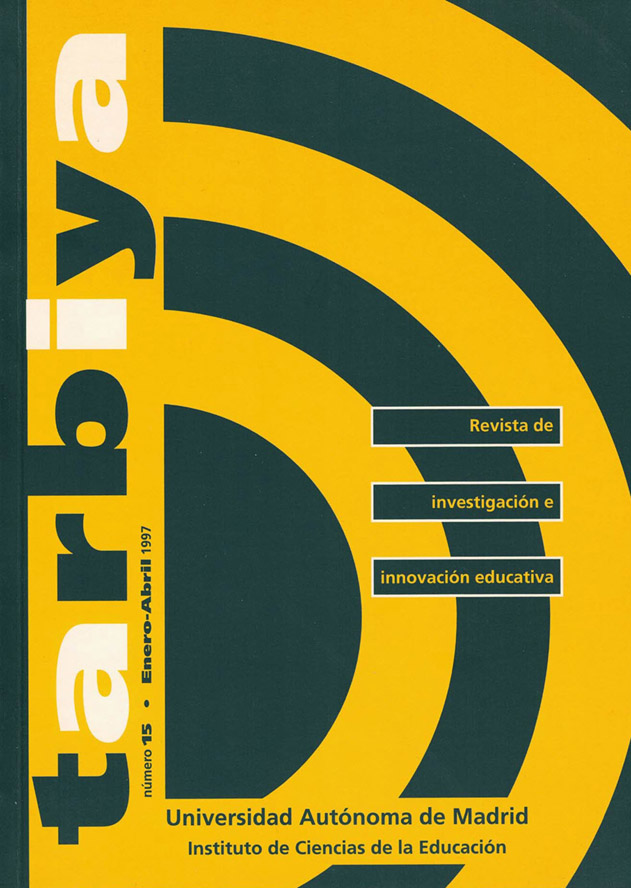Keywords:
Probability, History, Epistemology, DidacticAbstract
This paper deals with the historical evolution of ideas on probabilistic phenomena, their philosophical implications, their mathematical formulae and how paradoxical situations arise within their development. These situations have important methodological implications.
Downloads
References
BERNOULLI, J. (1713). Ars conjectandi. París: Basle.
BOROVCNIK, M., BENTZ, H.J. y KAPADIA, R. (1991). A Probabilistic perspective. En R. Kapadia y M. Borovcnik (Eds.), Chance encounters: Probability in education (pp. 27-71). Amsterdam: Kluwer.
CONDORCET, J.A.C. (1974). Mathématique et societé. París: Hermann.
FELLER, W. (1973). Introducción a la teoría de probabilidades y sus aplicaciones. México: Limusa-Wiley.
FINE, T.L. (1973). Theories of Probability. New York: Academic Press.
FINETTI, B. de (1937). La Prévision: Ses Lois Logiques, Ses Sources Subjetives. Ann. de l'Inst. H. Poincaré 7. Versión inglesa: en H.E. Kyburg and H.E. Smokler (Eds.), 1964, Studies in Subjetive Probability (pp. 93-158). New York: Wiley.
HACKING, I. (1975). The emergence of probability. New York: Cambridge University Press.
JEFFREYS, M. (1933). Theory of probability. London: Oxford University Press.
KOLMOGOROV, A.N. (1976). La teoría de probabilidades. En A.D. Aleksandrov, A.N. Kolmogorov y M.A. Laurentiev (Eds.), La matemática: su contenido, métodos y significado. (pp. 269-309). Madrid: Alianza Editorial.
LAPLACE, P.S. de (1985). Ensayo filosófico sobre las probabilidades. Madrid: Alianza Editorial. (Original de 1814).
MARTIN GARDNER (1984). Festival mágico-matemático. Madrid: Alianza Editorial.
PIAGET,J. e INHELDER, B. (1951). La genése de l'idée de hasard chez l'enfant. Paris: P.U.F.

